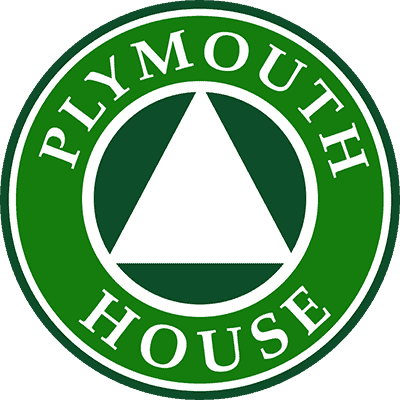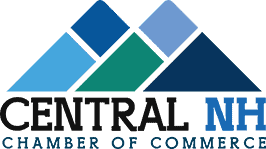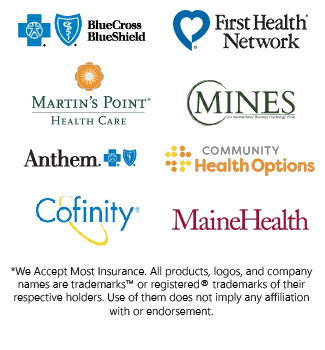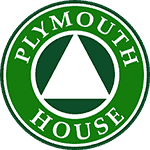What is Addiction?
The Disease Model of Addiction Explained
The Disease Model of Addiction Explained
Addiction is undeniably one of the most widely misunderstood and stigmatized diseases. It is, however, also one of the most prevalent. According to the National Institutes of Health, 10 percent of men and women throughout the country have suffered from a drug addiction at one point during their lives. Roughly 14.5 million men and women over the age of 12 suffer from a diagnosable alcohol use disorder. If you or someone you love has ever battled addiction, you know firsthand just how baffling and powerful this disease can be. It has the ability to completely strip people of their ability to function. Unfortunately, the majority of people who suffer from a substance abuse disorder of any kind fail to seek the professional help they so desperately need. This is largely because addiction is so misunderstood. People often think of addiction as a matter of weak willpower. The truth is that addiction is a chronic and relapsing brain disease; one that can be effectively treated, but never entirely cured.
At the Plymouth House we take a comprehensive approach to recovery, treating addiction with a combination of intensive behavioral therapy, and the 12-Step method of Alcoholics Anonymous. We treat addiction at its core, unearthing all underlying and contributing factors, and equipping our guests with the skills they need to overcome substance abuse and go on to lead happy, fulfilling lives. Addiction – A Chronic and Relapsing Brain Disease
Addiction | A Chronic and Relapsing Brain Disease
An article published by Science Direct on the Disease Model of Addiction states:
“Scientific advances over the past 20 years have shown that drug addiction is a chronic, relapsing disease that results from the prolonged effects of drugs on the brain. As with many other brain diseases, addiction has embedded behavioral and social-context aspects that are important parts of the disorder itself. Therefore, the most effective treatment approaches will include biological, behavioral, and social-context components. Recognizing addiction as a chronic, relapsing brain disorder characterized by compulsive drug seeking and use can impact society’s overall health and social policy strategies and help diminish the health and social costs associated with drug abuse and addiction.”
Essentially, this means that in order for a person to successfully overcome addiction, he or she must have access to a comprehensive program of recovery. There is no “magic cure” for substance abuse — no pill that can be taken twice a day, no therapeutic method that will ever make moderate drinking or drug use an option. People who struggle with addiction struggle with a serious and diagnosable disease — a disease that is scientifically accepted as such. Addiction is chronic, and like other chronic diseases (asthma, arthritis, cystic fibrosis, diabetes), people can recover in full, but they can never be cured. In the context of addiction this simply means that if a sober person was to pick up a drink or a drug after an extended period of sobriety, they will be right back where they started.
We Are Here For You
Let Us Help You Heal
Our Drug & Alcohol recovery services are second to none.
Learn how we can help by speaking with one of our Treatment Advisors today.
Alcoholics Anonymous & the Disease Model of Addiction
At the Plymouth House we have carefully developed a comprehensive recovery program that is firmly rooted in the 12 Steps of Alcoholics Anonymous. There is an interesting connection between A.A. and the disease model — one that is undeniably present, but one that is also frequently overlooked. This is partially because A.A. subscribes to the idea that alcoholism and drug addiction are spiritual maladies, and that in order to fully recover, a person must come to believe in a power greater than themselves.
When the founder of A.A.,Bill Wilson, was asked to address the disease model, he replied:
“We have never called alcoholism a disease because, technically speaking, it is not a disease entity. For example, there is no such thing as heart disease. Instead there are many separate heart ailments, or combinations of them. It is something like that with alcoholism. Therefore, we did not wish to get in wrong with the medical profession by pronouncing alcoholism a disease entity. Therefore, we always called it an illness, or a malady – a far safer term for us to use.”
While alcoholism is not mentioned directly as a disease in the Big Book, this response indicates that A.A. had a handle on the nature of addiction before it was scientifically defined.
It is also repeatedly mentioned that in order for a person to truly recover, he or she must maintain complete abstinence because alcoholics a a “physical allergy to alcohol.” When the Big Book was first written in 1939, the phrase “Disease Model of Addiction” was not yet common. It was understood, however, that the body and mind of the alcoholic does respond differently to alcohol than in normal people. Even though there was not an outright cure, recovery could be maintained if all mood and mind altering substances were avoided completely.It was understood that alcoholism was a chronic and relapsing ailment.
Our Drug & Alcohol Treatment Services Include
The Plymouth House Approach to Recovery
The Plymouth House has helped thousands of people across the country overcome their addictions, remain sober, and enjoy full, productive lives by utilizing an effective combination of Alcoholics Anonymous and intensive therapy. At The Plymouth House, guests are fully immersed in the 12 Steps, the best known and most consistently effective model for the successful treatment of alcoholism and drug addiction. The A.A. Big Book is suggested reading for everyone in our program. In addition to Step work, our curriculum includes a variety of recovery activities, including: attendance at A.A. and N.A. meetings, individual, group, and family therapy sessions, educational workshops and holistic practices, such as yoga and meditation. Opportunities for exercise and relaxation include hiking, baksetball and horseshoes. We encourage our guests to take advantage of the bountiful natural resources the state of New Hampshire has to offer. We thoroughly tackle the physical, mental, emotional and spiritual implications of active addiction, acknowledging the importance of spiritual connection while educating our guests on the disease model.
Ready To Begin Your Drug & Alcohol Treatment?
We Offer A Safe & Effective Program
Don’t let Drug & Alcohol addiction control your life.
Call us today and let’s get you started on the path to a better you.
The Therapeutic Methods We Employ
The Plymouth House staff consists of seasoned 12Step practitioners who have many years of collective experience in successfully overcoming addiction. We are men and women who have been there ourselves, and have fully recovered from the disease of alcohol and drug addiction. In addition to being deeply rooted in the 12Step approach to recovery, we provide our guests with a variety of evidence-based therapies.
The therapeutic methods we employ include:
- Cognitive Behavioral Therapy
- Dialectical Behavioral Therapy
- Recreational Therapy
- Yoga Therapy
- Trauma Therapy
- 12-Step mentoring
- Motivational Interviewing
- Rational Emotive Behavior Therapy
All of our therapeutic services are guest-centered, and we take the unique and individualized needs of our guests into account while developing their therapeutic treatment plans.
Begin Healing Now!
Have A Call With One Of Our Treatment Advisors
Don’t Suffer Any Longer
Begin Your Journey of Recovery
Our experienced Treatment Advisors will personally work with you from your first contact with us until you arrive at The Plymouth House. We know that in most cases guests and their families have a myriad of questions regarding treatment options, costs, facilities and admissions details. With one phone call we will assist families and individuals in making the right choices for their situation. Contact us anytime!
Get Started Now
Give us a call 24/7
(888) 693-1927















